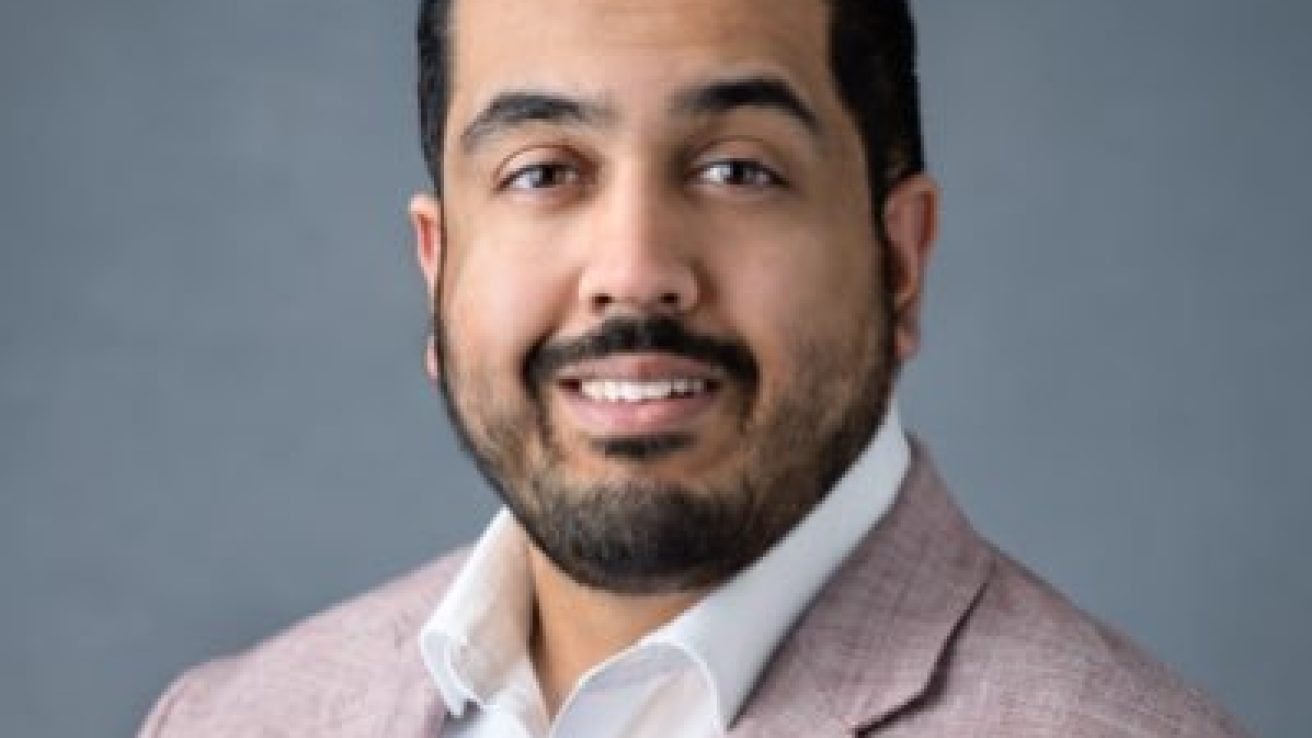In this MD Newsline exclusive interview with pediatric hematologist/oncologist Dr. Ahmar Zaidi, we discuss the role of racism in sickle cell disease disparities. We also discuss the importance of talking about sickle cell disease disparities with patients.
MD Newsline:
How does racism contribute to sickle cell disease disparities?
Dr. Ahmar Zaidi:
“There’s a couple of ways racism affects sickle cell disease disparities. No matter how you look at it, it’s damaging to the patient. There are layers of structural disparity and structural racism, and then there are layers of interpersonal disparity and interpersonal racism that play out. The medical literature tells us patients with sickle cell disease wait 25% longer in emergency rooms when they present with pain. That’s just the data.
Physician colleagues will say that they don’t have biases and they treat everybody the same. I’ll be the first to tell you that in 2014 I took an implicit association test that changed how I practice medicine because it told me that I treat white patients better than Black patients. That was a hard realization to have in that moment as a person of color. But it’s true. It’s probably true.
And what that did for me is it allowed me to identify blind spots that I had in my own practice and hold myself accountable for making decisions that are equitable and socially responsible. And that’s something that I do every day.
I think that the disparities that we see come from that layer of ‘we treat everybody the same.’ Well, you know, patients with sickle cell disease have hurdles that are sometimes unimaginable to many of us, with the degree of absenteeism, missed work, missed school, often low socioeconomic status that sometimes, if you’re treating everybody the same, it’s not going to be enough to get them to the finish line. Sometimes, people from different populations need more support than others.
So what I’m here to say is, don’t treat people the same. Treat people how you need to treat them to get them to where they need to be. And, of course, from a structural standpoint, sickle cell disease, no matter where you go in the country, every hospital treats sickle cell disease like a ‘back of the bus’ disease. There’s no national program that’s saying, ‘we have the best sickle cell disease program, and we’re pouring all of our resources into it.’ This is not cancer. This is not cardiology. This is sickle cell disease.
So we really struggle with getting the resources we need to care for the volume of patients with sickle cell disease that we have in this country.”
MD Newsline:
How would you recommend physicians help rectify sickle cell disease disparities, especially in the Black community?
Dr. Ahmar Zaidi:
“You can support your Black sickle cell disease community by acknowledging what they feel. Acknowledge what they feel. Don’t dismiss their concerns about the way they’re mistreated. Don’t dismiss their concerns about the hospital in general. I think that listening is really important.
There’s a lot of good literature on racial bias and the amount of time the doctor spends talking as opposed to listening. It seems that doctors with higher implicit bias spend more time talking with patients who they are biased against. So, reduce your talk time, spend some time listening, develop a relationship of trust with your patients, and talk about bias, racism, and prejudice in every encounter you have with those patients. Talk about it.
I’ve included that in my clinical repertoire over the last 3 or 4 years, and it’s been immensely helpful in rebuilding this bridge of trust that’s been crumbling between patients with sickle cell disease and doctors. I know it’s not easy for everybody, and it may not come naturally, and that’s ok. It’s something you have to work on because it’s a really valuable connection with your patients.
We talk about how they’ve been treated when they went to the emergency room. Did they have any experiences that were negative? We talk about new medications that are being denied by insurance companies because they cost too much, and this is a patient with sickle cell disease, right? And why should they write a check for a patient with sickle cell disease?
So, that bias plays out in every realm of healthcare. It’s the front desk people in the lobby of the hospital. It’s everything. Just being able to create a safe space where my patients feel like I am a physician who’s actually looking at them as a whole and not just as a diagnosis has really helped me become a better physician.”
Responses have been condensed and lightly edited.










